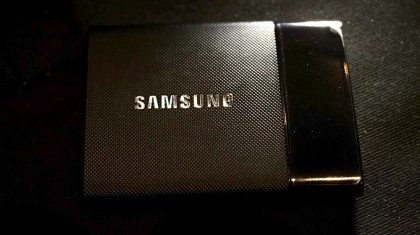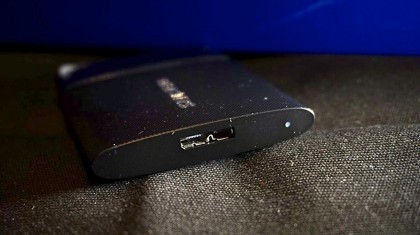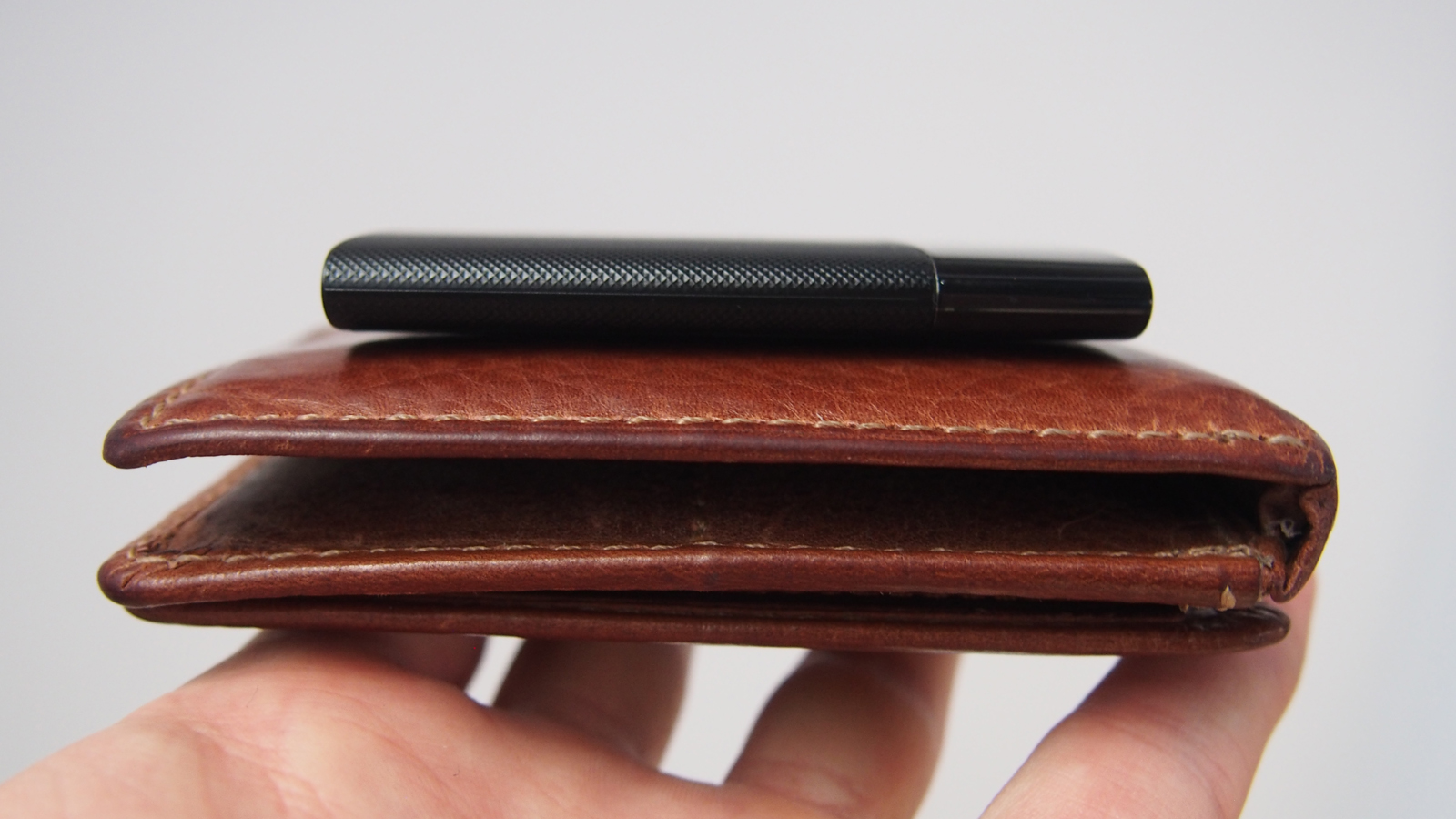TechRadar Verdict
This drive is perfect for techies and users of high-end computers. It features 256-bit encryption and it practically sets itself up for you. Best of all: it is light, small, and fast - an amazing device.
Pros
- +
Light
- +
Thin
- +
Fast
- +
Small
Cons
- -
Underperformed advertised benchmarks
Why you can trust TechRadar
As a lover of technology, I've bought a bunch of portable hard drives and flash drives. Unfortunately, I always find myself wishing for something bigger or faster. It looks like I don't have to wish any longer. The Samsung T1 SSD drive is everything I've ever wanted in an external hard drive, and more.
How much does this super light Samsung T1 SSD cost? Well, the 250GB SSD size is $179 (£117.91, AU$218.91), the 500GB is $299 (£197.26, AU$365.66), and the 1TB is $599 (£395.18, AU$732.99).
Say you're looking for a nice backup drive and maybe you're looking at getting a bigger hard drive, like the Toshiba 4TB Canvio USB 3.0 as opposed to the Samsung T1 SSD. The Toshiba is great because it crams 4TB into one device, but this option lends itself towards a purely stationary setup, whereas the Samsung T1 SSD allows more portability.
Also, the Toshiba 4TB is a standard 7200 RPM mechanical hard drive which will read and write data slower than an SSD drive will, even though the both hard drives use USB 3.0 connectivity. But, say you're looking for something that can be fast and store a decent amount of data, then the Samsung T1 SSD 1TB is truly your go-to option.
Specs
The Samsung T1 SSD is amazingly thin, small, light, and fast. The dimensions of the Samsung T1 hard drive are 2.8 inches (71mm) long by 2.1 inches (53mm) wide, and the T1 weighs in at about 1.06 ounces (30 grams).

The Samsung T1 is easy to set up. When I plugged it in, the T1 opened an application and guided me through a four-step process: Welcome Screen, Name the Device, (Optional) Encrypt the Device, and Finish. No ad-ware, no bloatware, just simple and fast.
Samsung incorporated their new N-VAND technology into the T1 product line. N-VAND is Samsung's way of being able to work around the challenges that are apparent when devices get smaller. Specifically, when memory and hard drives get smaller, data tends to get corrupted, and interference occurs as the cells get closer and closer. Samsung T1 incorporates N-VAND which helps prevent data-corruption but also allows the T1 to use half the power consumption, 10 times more endurance, and twice the write speed of other drives.
Sign up to the TechRadar Pro newsletter to get all the top news, opinion, features and guidance your business needs to succeed!
The Samsung T1 does have an optional 256-bit encryption method that is built into the device itself. This can be set up at installation or done later on. No need for an operating system-based encryption key, such as Microsoft's BitLocker or Apple's Vault, as you can have it solely on the external drive. No keys needed for encryption - the T1 just uses a password.
As stated earlier, the Samsung T1 comes in three different sizes: 250GB, 500GB, and 1TB. The model given to us to review was the 250GB. The T1's sheer performance with data handling and speeds is amazing, even at the smallest form factor.

